Interview by Jennie Trejo. Photos provided by DCAC.
Kids in Court (KIC) is an award-winning program helping children aged 3-18 prepare to testify in court as victims of child abuse or witnesses to felony crimes. Dallas County Criminal District Attorney John Creuzot, along with National Council of Jewish Women Dallas (NCJW), Dallas Children’s Advocacy Center (DCAC), and Bikers Against Child Abuse (BACA), proudly announced the program’s 30th anniversary last month. KIC sessions use role-play and interactive materials to teach children about courtroom roles and provide support to caregivers. This program aims to reduce anxiety and create a comfortable environment for discussion among families, prosecutors, and therapists. We sat down with Irish Burch, President and CEO of DCAC, to discuss the anniversary and KIC’s impact over the years.
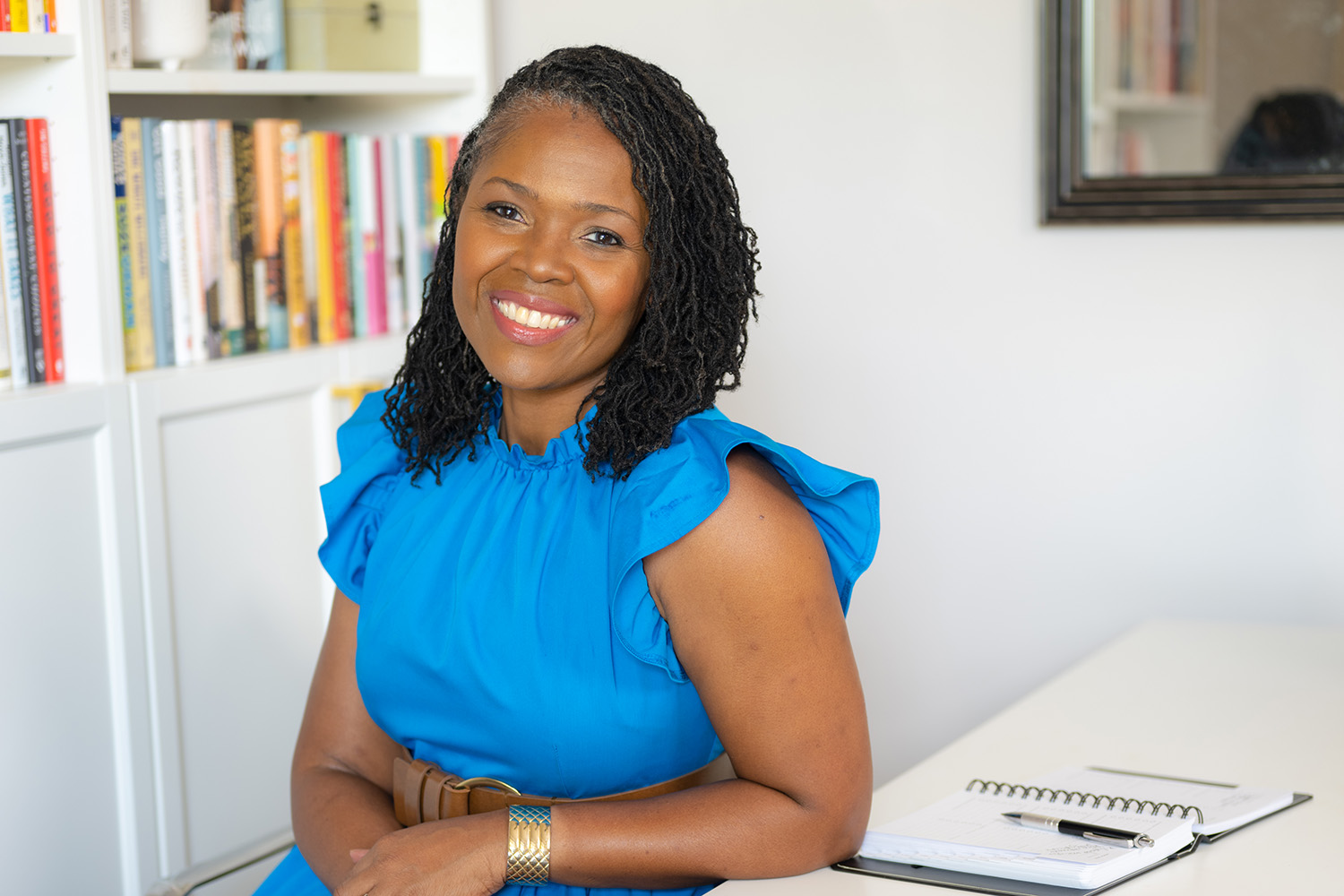
In September, it will be 30 years since I’ve been in this space. I started as a CPS investigator at the Texas Department of Family Services for 8.5 years prior to coming to DCAC. Here, I began as a forensic interviewer. The interviewer’s role is to speak with the child victims and gather the details of the alleged abuse while investigating parties observe. After serving 14 years at the agency, I left DCAC to work for our state membership association. I returned to DCAC in January of 2021 as the President and CEO.
Since high school, I knew I would go into a field that advocated for children, which has always been my dream. However, never did I ever dream that I would be sitting in this current seat as CEO. From the time I began my career, my primary goals have always been to advocate for children and keep them safe. I simply came to work every day with a desire to make a positive impact in the lives of the clients we serve. When the opportunity opened for the CEO role, after much convincing from family members and peers, I put my name in the hat and here I sit.
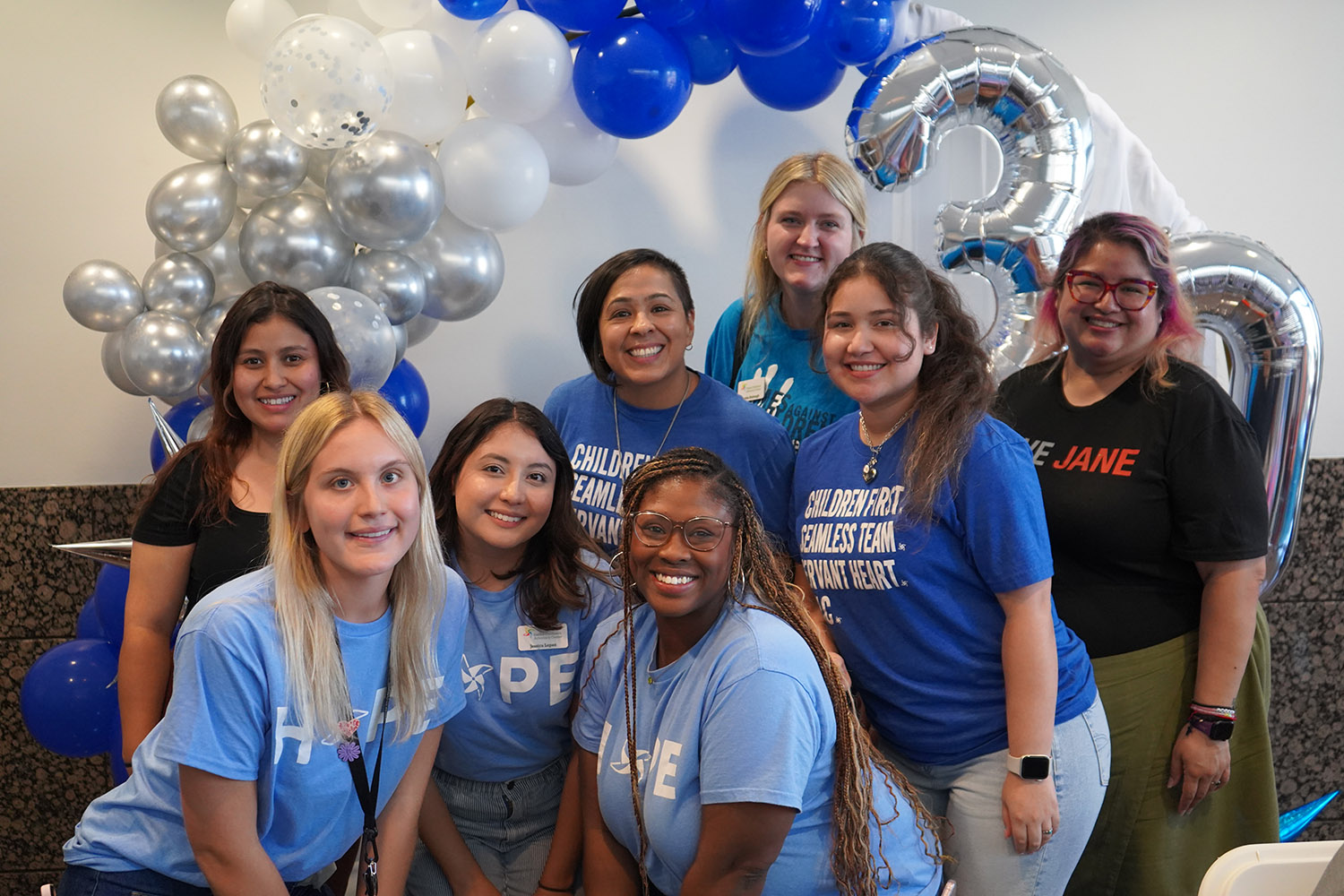
Yes, our agency is a one-of-a-kind organization in Dallas County. Our goal is to improve the lives of abused children and provide national leadership on these issues. We collaborate with law enforcement, Child Protective Services, the district attorney’s office, pediatric medical professionals, and our DCAC staff members to aid in the investigation, prosecution, and healing services for families impacted by child abuse.
Last year, Dallas County received over 30,000 referrals for child abuse and neglect. Although we will not see all of these cases, DCAC will collaborate with our Partners to investigate the cases rise to the level of a criminal offense. The types of cases we are child sexual abuse, severe physical abuse, child sex trafficking and sexual exploitation cases, as well as witnesses to homicide. The homicide cases are going to be the death of a child at the hands of a caregiver. In that case, would be interviewing sibling witnesses.
The role of Dallas Children’s Advocacy Center is to bring all of these agencies that I mentioned together in a collaborative manner to investigate these cases, to provide healing services, and to ensure that these families get justice they deserve.
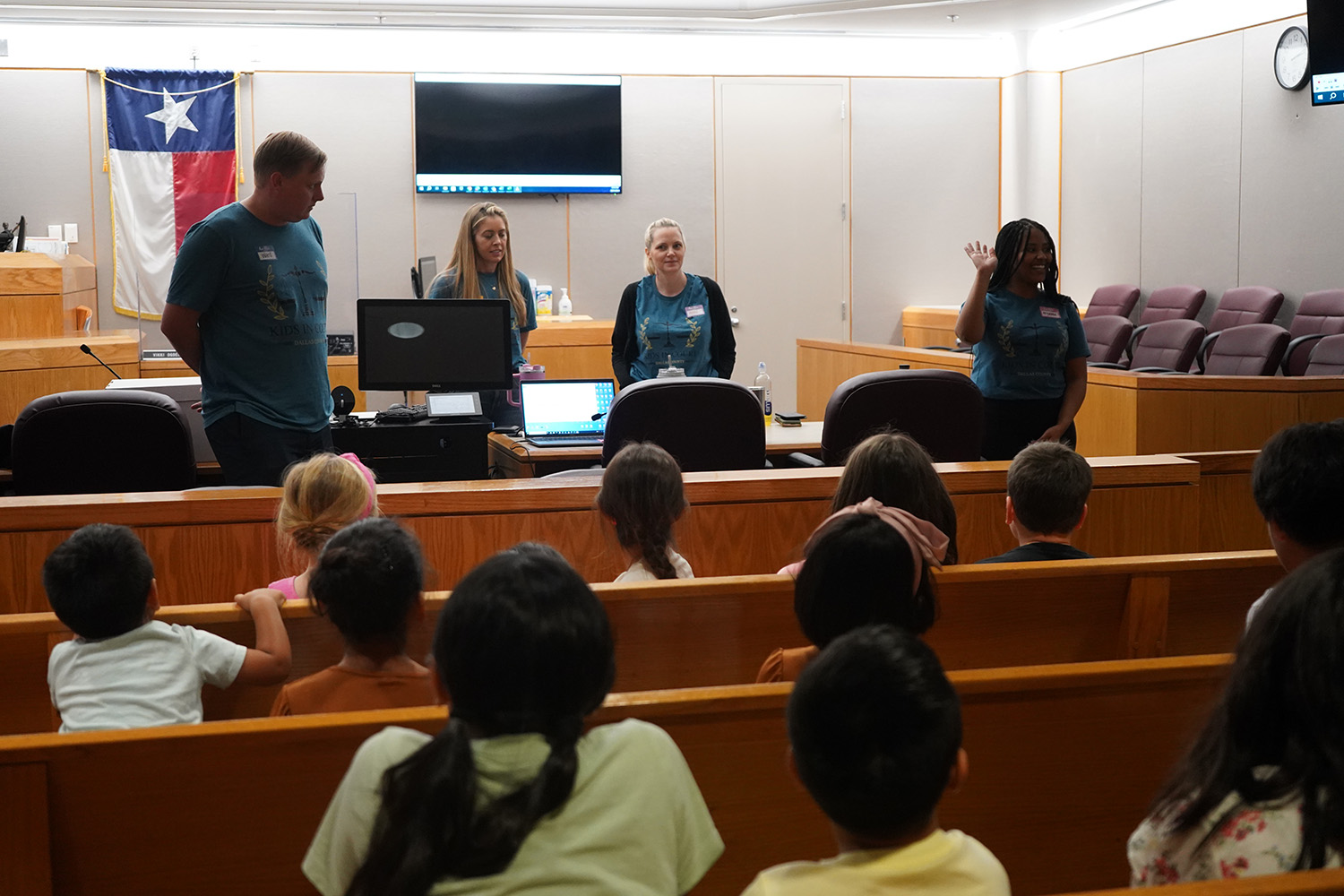
For anyone, coming to court can be daunting but for a child who has already endured so much at the hands of their abuser, it can be overwhelming.
That is why Kids in Court is a critical part of the journey for our kids at DCAC. With our partners we’re able to bring the children in our services and their families where to help ease their nerves.
While this program may seem simple in nature, we know the outcomes are vital for the kids we serve. Something as basic as knowing here to park can help parents feel calmer and be able to support their child better. For a child, simply being able to enter the courtroom and sit on the stand can ease the uncertainty and make them feel more confident when at trial. The effects of this program are deep.
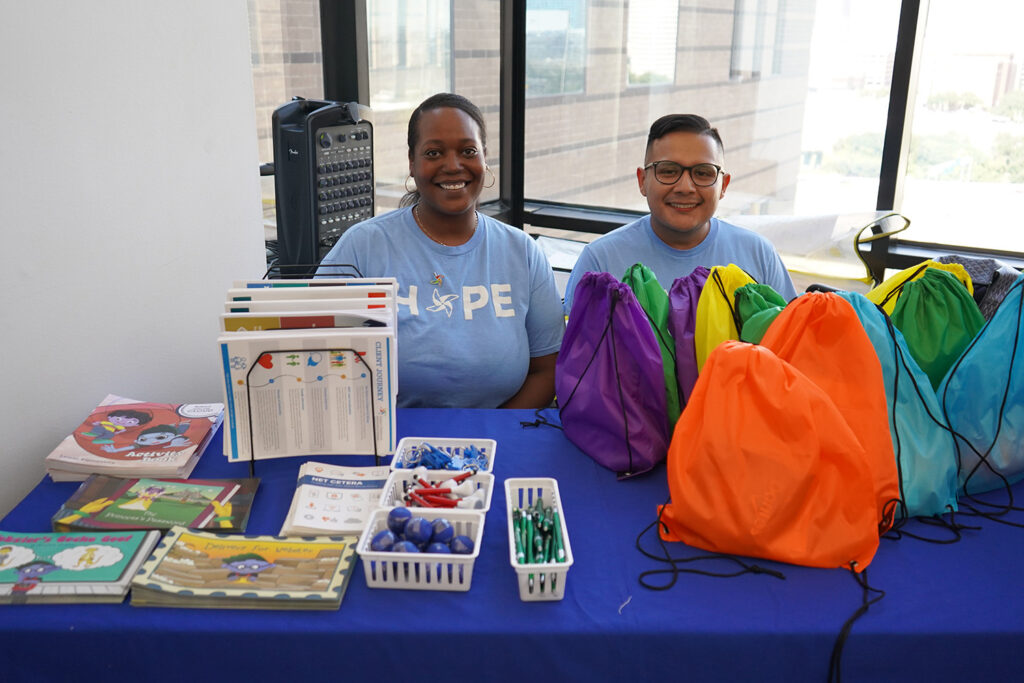
Recently, I was able to observe the success of the Kids in Court program firsthand. During this time, I observed the children and parents as they were introduced to the purpose of the KIC program and the day’s proceedings. At the beginning of the event, the room was very quiet and somber. However, as the sessions began, the atmosphere transformed. By the end of the day, the change was remarkable. During our final group gathering, the mood was jovial. Parents who initially didn’t know each other were now conversing, having bonded over their shared experiences. Children made new friends. They were laughing and running around, which was a stark contrast to the beginning of the day.
Knowing that a community organization can create a concept that will have a lasting impact on these families is remarkable. Witnessing the vulnerability and bravery of these families is transformational for anyone. It is truly incredible.
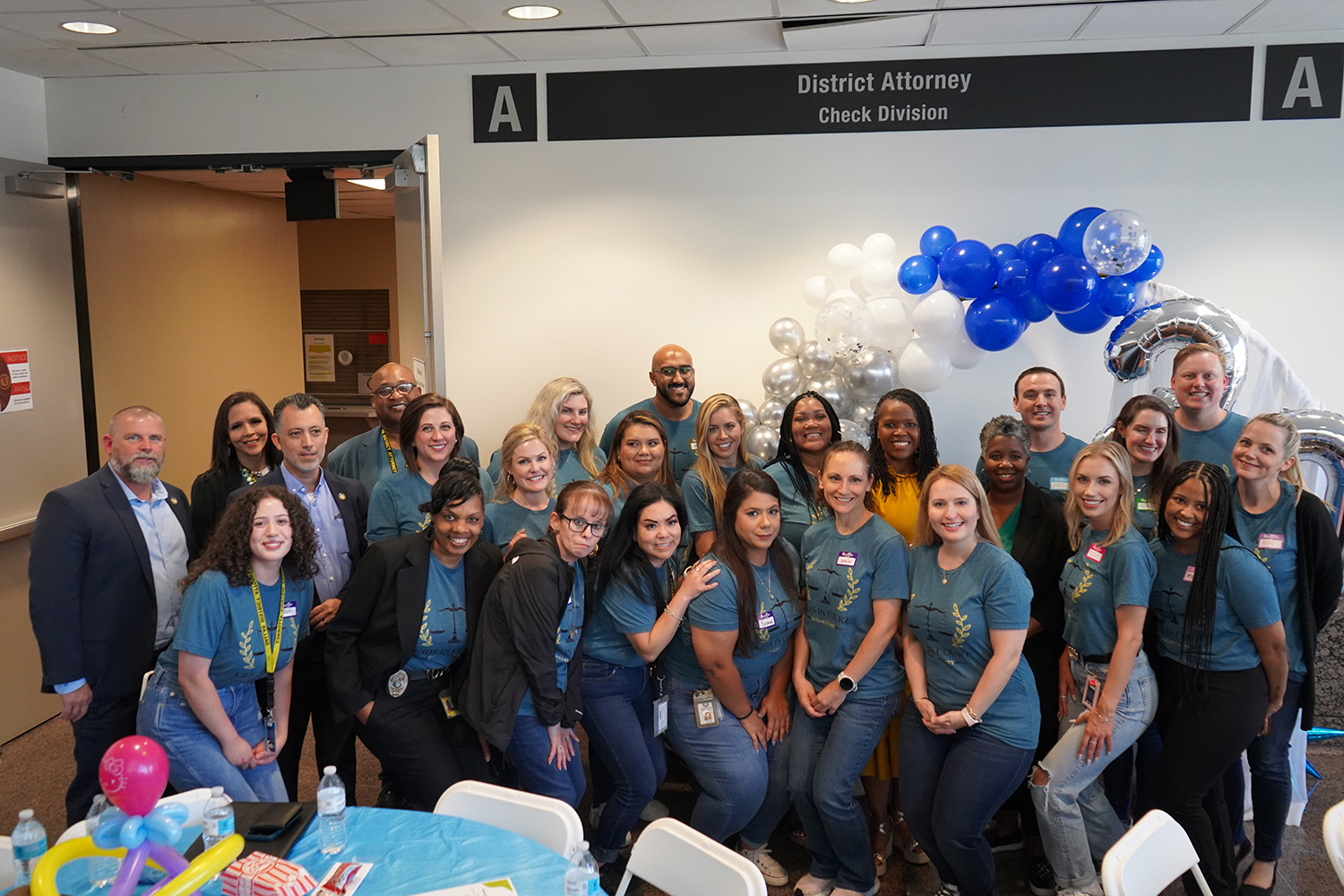
The second part of our mission is to provide national leadership on child abuse issues. The Crimes Against Children Conference is vital as it equips child abuse professionals worldwide with the tools they need to protect children. Last August, we had 5,600 attendees converge in Dallas. This conference is critical because it brings together like-minded professionals to equip them with the skills and tools needed to keep children safe. Our goal is to for law enforcement, child protection services, medical teams, social workers, teachers—everyone that is required to do this work all understands the best and foundational practices. Since our inception, we’ve educated over 80,000 attendees through the Conference.
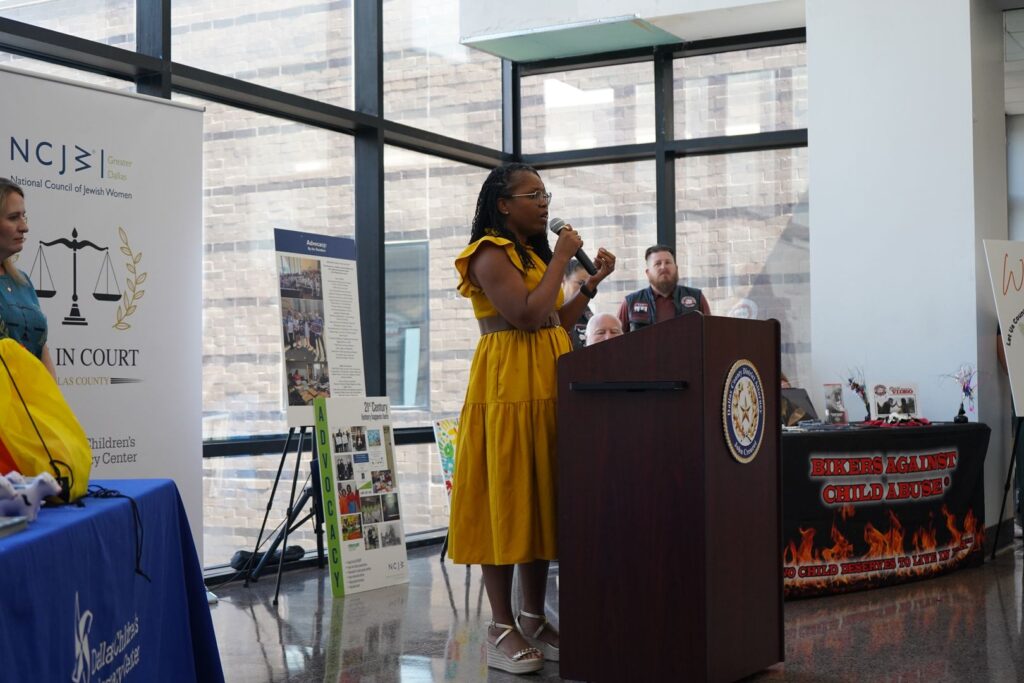
Kids in Court was started by the National Council of Jewish Women over 30 years ago. Along the way, they’ve engaged additional organizations. Each agency plays a specific role to aid in supporting the families. By the different organizations coming together with all of our unique areas of expertise, this provides a holistic approach to serving families.
The Dallas District Attorney Office has been very impactful over the years. The work they do on behalf of the child means long hours and being pulled in multiple directions. However, they make time to ensure that the children and their families who must face the abuser feel supported.
Our partnership with Bikers Against Child Abuse (BACA) provides something DCAC could never offer—a presence and a level of safety these children so desperately need. Many times, our staff are expert witnesses and cannot provide the emotional support needed for a child or family during the court proceedings. That’s why community partnerships like BACA are critical. They ensure that the child knows they are not alone.
At DCAC, we support children and families involved in the Kids in Court program by providing critical mental health and advocacy services. We help children prepare emotionally for court, ensuring they are equipped to handle the experience. Our therapists teach coping skills during therapy sessions that children can use if they feel anxious about court. These skills are essential in helping children manage their emotions and reduce stress during the court process.
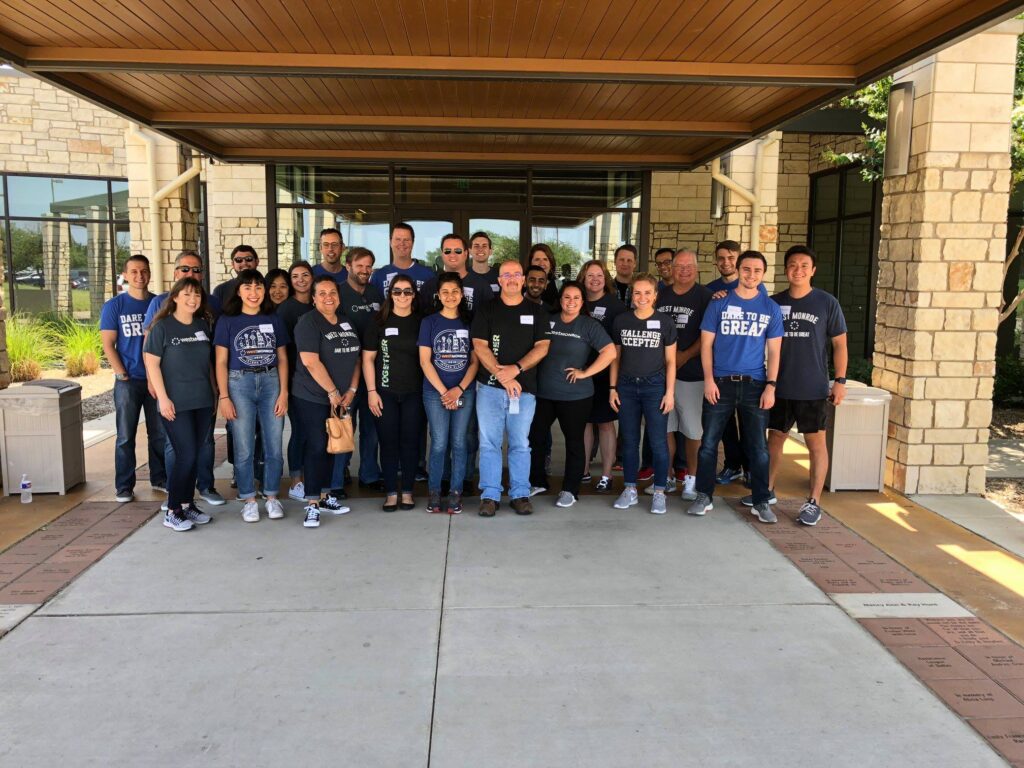
On our website we have tons of information to educate the community about child abuse and share different ways to get involved. Volunteers are the heartbeat of the Center and help us with a variety of things – such as entertaining kids in our Activity Center, helping with administrative duties, maintaining our Clothes Closet, or assisting at our events. We have a lot of corporations and community organizations that are looking for opportunities to volunteer, and one of the best ways to help us is with donation drive to ensure that our Clothes Closet is always fully stocked. This is an essential part of a family’s journey and by being able to provide some everyday essentials and ways to connect as a family, healing happens.
In addition, we have three events that take place over the course of the year and encourage the community to get involved in one of them. Our next event is Art for Advocacy on September 14 and will be sure to sell out! You can visit www.dcac.org to learn more and get involved.
Sign up with your email address to receive good stories, events, and volunteer opportunities in your inbox.
Notifications